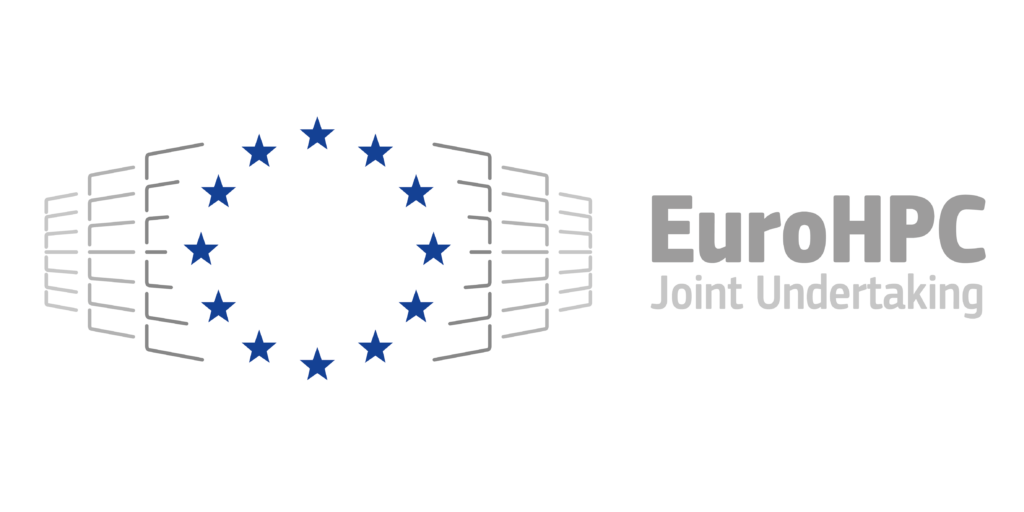Last week has been loaded with activities for the European Processor Initiative. Our team attended several very important events, where EPI was discussed and our road to the low-power processor presented.
EPI Chairman of the Board, Jean-Marc Denis, attended two events, in a Transatlantic hop, skip and a jump: first, the 73rd HPC User Forum in Chicago, where he presented EPI’s objectives and its interlink with the European Union’s EuroHPC Joint Undertaking, only to go back to Parallel Computing conference in Prague, with a similar mission. His talk concluded in presenting EPI’s challenges for the upcoming period: building on existing IP and communities and closing the gap between research and innovation and industrial products.
At the same time, beautiful cities of Bologna and Pisa hosted two events where the Initiative presented its objectives and roadmap.
In Bologna, at the Italian Workshop on Parallel and High-Performance Computing Technologies, the European Processor Initiative presented the EPI project to the Italian HPC academia and to the industrial users.
The academic participants presented their research lines and their previous engagement and contributions to EU programs, covering a wide spectrum of research fields and technological implementation. Andrea Bartolini (UniBO) presented the goals of the EPI, the members of the consortium and the roadmap for the processor, the accelerator and the automotive components, and highlighted the role of University of Bologna in the development of key components of the EPI project. Fabrizio Magugliani (E4 computer Engineering) presented the role of E4 in the development of key components of the EPI projects such as the PCIe daughter board hosting the EPI processor as Software Development Vehicle. The presentation opened a healthy discussion about how the community of Italian researchers could leverage the EPI project bringing the results of their research and therefore adding value to the project.
In Pisa, the EPI team participated at the RoundTable at ApplePies, 7th International Workshop Applications in Electronics Pervading Industry, Environment & Society. The Round Table confirmed that the EuroHPC Joint Undertaking, in full alignment with the objective of deploying in Europe a world-class supercomputing infrastructure and a competitive innovation ecosystem in supercomputing technologies, applications and skills by coordinating the efforts of its member states and share resources, has assigned one of the 3 Precursor to Exascale system to CINECA. Building on that, the Round Table’s participants presented the contribution of Italian-based institutions and enterprises towards the maximization of the results achieved through exascale-class systems both from the scientific and research point of view as well as from the industrial point of view. The current status of R&D in Italy specifically for the development of components for exascale-class systems was addressed, including the role of Italian institutions and enterprises in the European Processor Initiative (EPI) consortium, and which synergies among the key players could create a native Italian ecosystem fully aligned within the EuroHPC JU and EPI initiatives for enabling exascale-class systems to support scientific leadership and industrial competitiveness.
The week was finished by Atos team members participating at the Arm Research Summit in Texas, USA. Romain Dolbeau and Ying-Chih Yang gave a talk at the workshop “Impact of Arm hardware from an HPC application perspective (present and future-looking)”. The key objective of the workshop was gathering expertise from various research groups (runtime systems, linear algebra, operating system, performance modeling,…) to discuss key features and shape next-generation applications.

